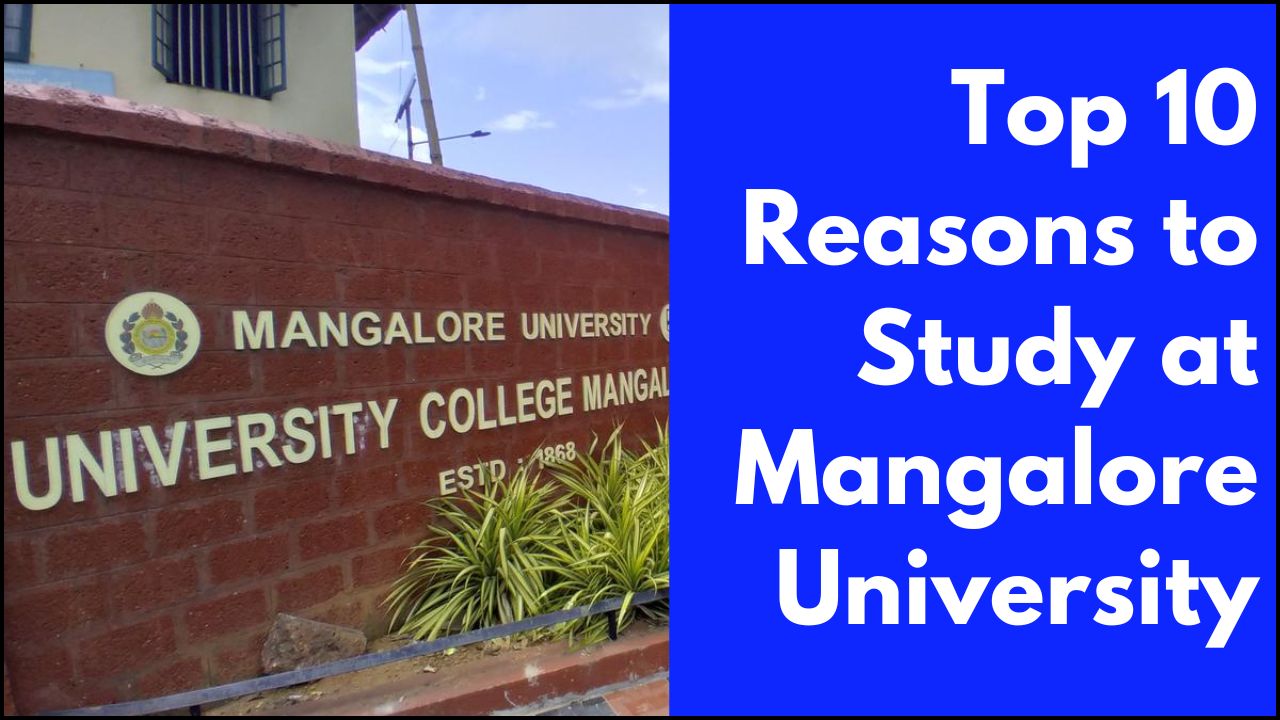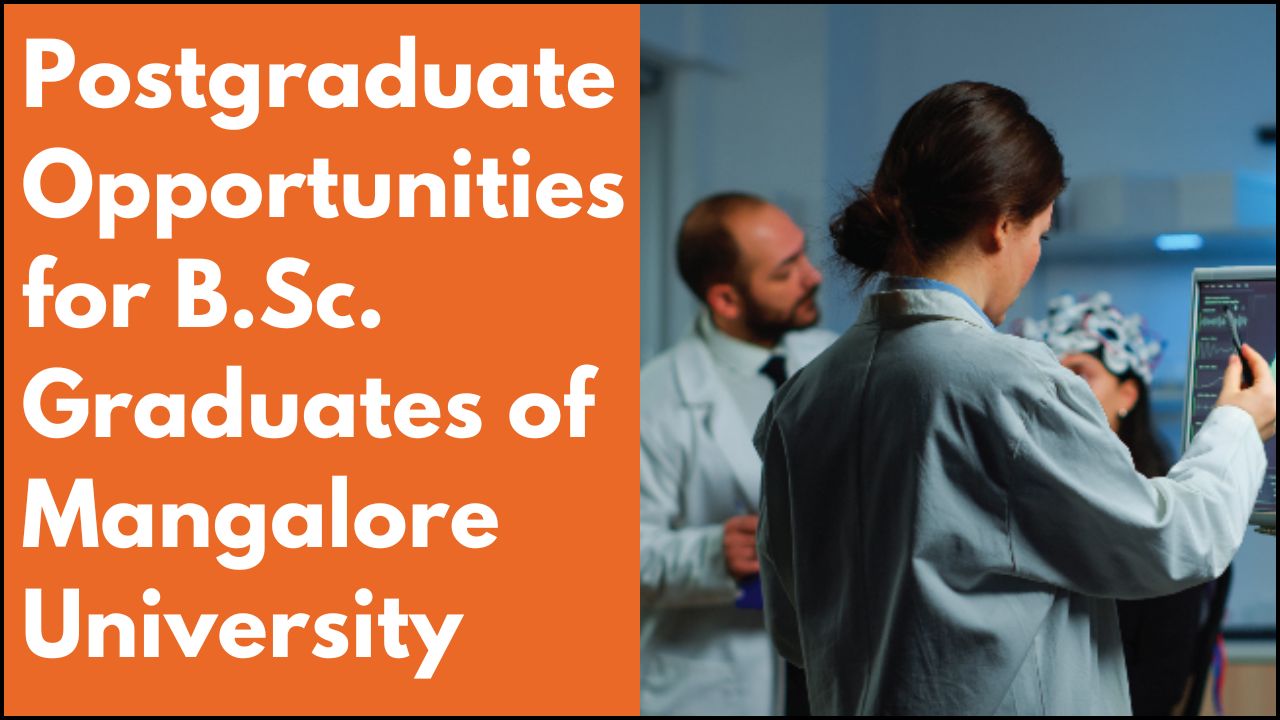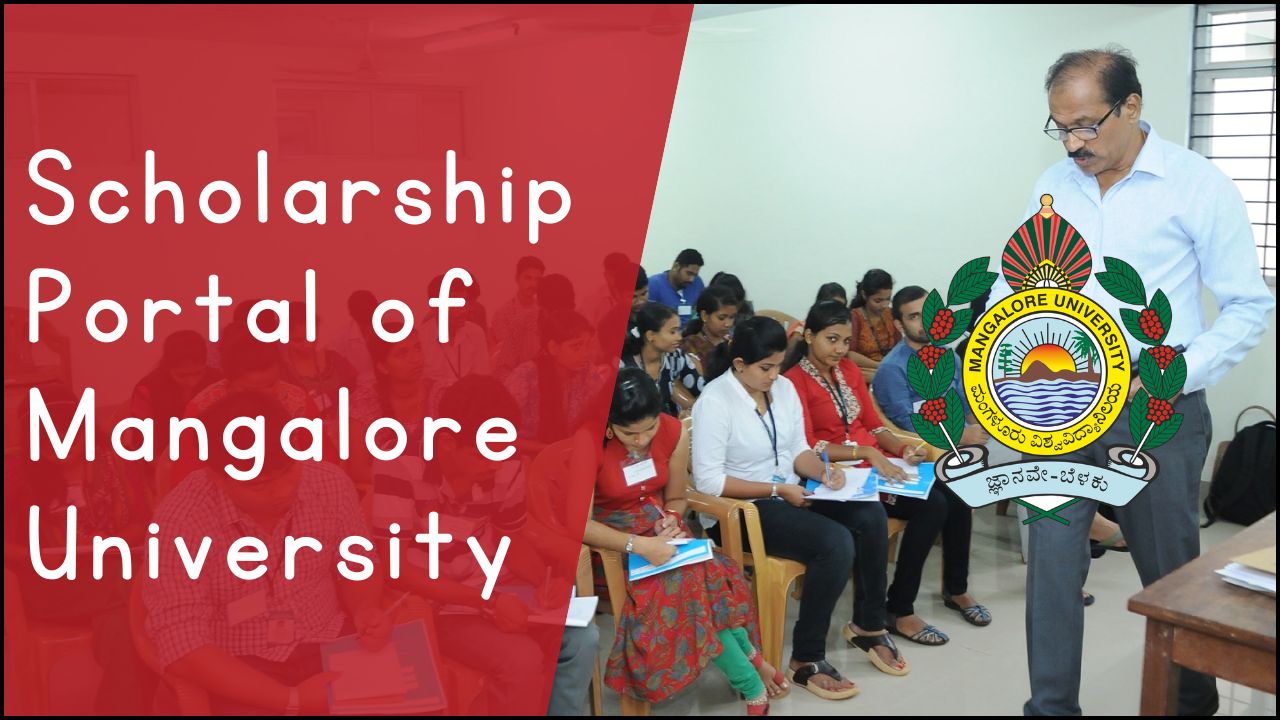
Mangalore University has formed several statutory cells and committees to provide a safe, inclusive, and supportive environment for all students and staff. These bodies ensure that rights are protected, grievances are addressed, and university policies align with national and state mandates. Each committee works on specific areas like anti-ragging, anti-drug awareness, and student welfare. These groups play a key role in creating a responsible and inclusive academic culture.
Table of Contents
Key Statutory Cells and Committees
1. Anti-Drug Cell
- Purpose: Prevention of drug abuse on campus
- Activities:
- Organizing awareness campaigns
- Conducting seminars and workshops
- Promoting a drug-free lifestyle
- Support: Collaboration with local police and NGOs
2. Anti-Human Trafficking Club
- Objective: Creating awareness about human trafficking among students
- Functions:
- Educating students through workshops
- Involving students in awareness drives
- Coordinating with law enforcement agencies
3. Anti-Ragging Committee
- Goal: Ensuring a ragging-free environment
- Responsibilities:
- Monitoring student behavior
- Investigating ragging-related complaints
- Providing counseling for victims and perpetrators
4. App of Ombudsperson
- Aim: Providing digital access to justice
- Features:
- Receiving complaints related to academic and administrative matters
- Ensuring transparency in grievance redressal
- Easy-to-use interface for students
5. Minority Cell
- Purpose: Supporting students from religious minority groups
- Key Roles:
- Offering scholarships and financial aid information
- Organizing cultural programs
- Addressing community-specific issues
6. OBC Cell
- Objective: Supporting students from Other Backward Classes
- Activities:
- Providing academic and financial support
- Raising awareness about government schemes
- Addressing complaints from OBC students
7. Student Grievance Redressal Committee
- Aim: Addressing the academic and personal grievances of students
- Functions:
- Accepting and investigating complaints
- Providing resolutions within a defined timeline
- Maintaining confidentiality and neutrality
8. Establishing the Anti-Human Trafficking Club in Universities
- Significance:
- Sensitizing students about trafficking issues
- Encouraging students to take social responsibility
- University’s Role:
- Appointing faculty coordinators
- Partnering with legal and social institutions
9. Anti-Drug Cell to Prevent Drugs in Educational Institutions
- Focus: Prevention through awareness
- Methods:
- Conducting regular inspections
- Promoting peer-led initiatives
- Counseling for affected students
10. COVID-19 Cell
- Purpose: Managing pandemic-related activities
- Duties:
- Spreading awareness on COVID protocols
- Organizing vaccination drives
- Providing mental health support during lockdowns
11. SC/ST Cell
- Objective: Uplifting Scheduled Castes and Scheduled Tribes students
- Initiatives:
- Organizing orientation and remedial classes
- Offering help with scholarships and internships
- Encouraging representation in student councils
12. Grievance Redressal Committee
- Function: Handling non-academic and general complaints
- Approach:
- Ensuring fair hearings
- Acting quickly on reported issues
- Communicating decisions clearly to all parties
13. Internal Complaints Committee (Sexual Harassment at Workplace)
- Goal: Ensuring a safe workplace for women
- Structure:
- Composed of internal staff and external members
- Handles complaints confidentially
- Conducts regular awareness sessions on gender sensitivity
14. Sparsh Committee
- Purpose: Addressing emotional and psychological well-being
- Functions:
- Providing counseling services
- Supporting students facing mental stress
- Promoting mental health awareness
Summary: Statutory Cells/Committees
| Committee/Cell | Purpose | Key Functions |
|---|---|---|
| Anti-Drug Cell | Prevent drug use | Awareness programs, collaboration with police, student counseling |
| Anti-Human Trafficking Club | Stop human trafficking | Awareness programs, collaboration with police, and student counseling |
| Anti-Ragging Committee | Eradicate ragging | Workshops, collaboration with NGOs, and student engagement |
| App of Ombudsperson | Online complaint redressal | Receiving and resolving student complaints digitally |
| Minority Cell | Support religious minorities | Scholarships, community-specific events |
| OBC Cell | Assist OBC category students | Information dissemination, complaint handling |
| Student Grievance Redressal Committee | Resolve student complaints | Confidential hearings, timely actions |
| COVID-19 Cell | Handle COVID-related issues | Monitoring, complaint resolution, and preventive actions |
| SC/ST Cell | Uplift SC/ST students | Remedial coaching, scholarship support |
| Grievance Redressal Committee | Solve non-academic problems | Hearing, resolving, and documenting grievances |
| Internal Complaints Committee | Prevent workplace harassment | Gender sensitization, investigation of complaints |
| Sparsh Committee | Promote mental well-being | Counseling services, awareness on emotional health |
The Way Forward
Mangalore University shows a strong commitment to student welfare and institutional integrity by establishing multiple statutory cells and committees. These bodies address critical issues like discrimination, harassment, substance abuse, and mental health. By offering supportive mechanisms and awareness programs, the university ensures that students grow in a safe, inclusive, and empowering environment.





